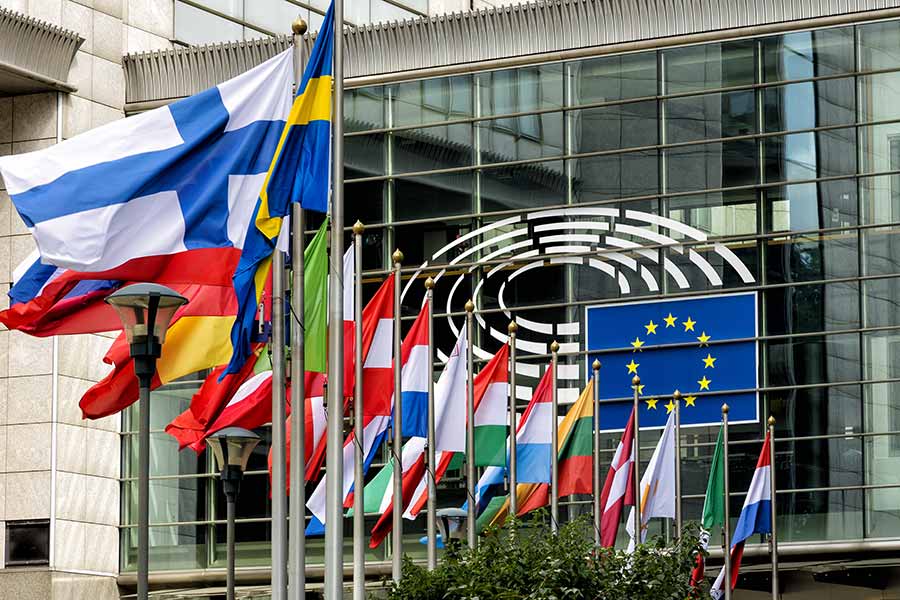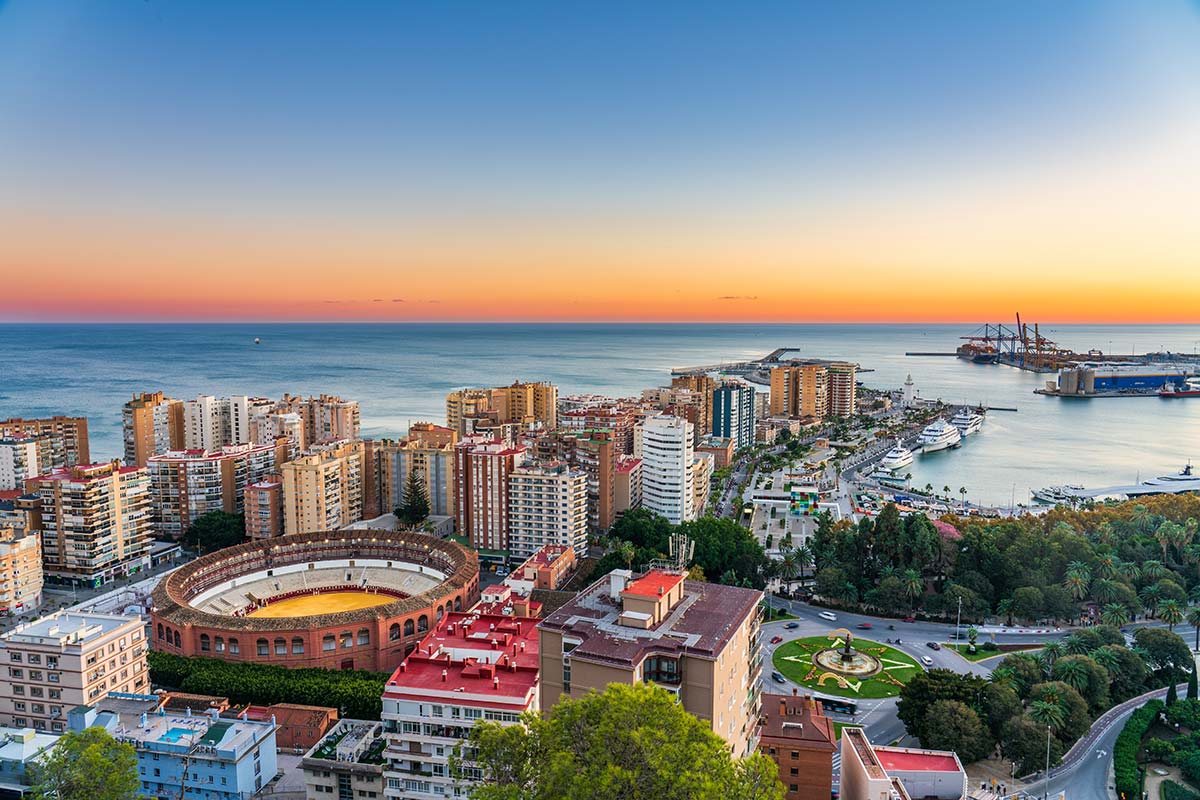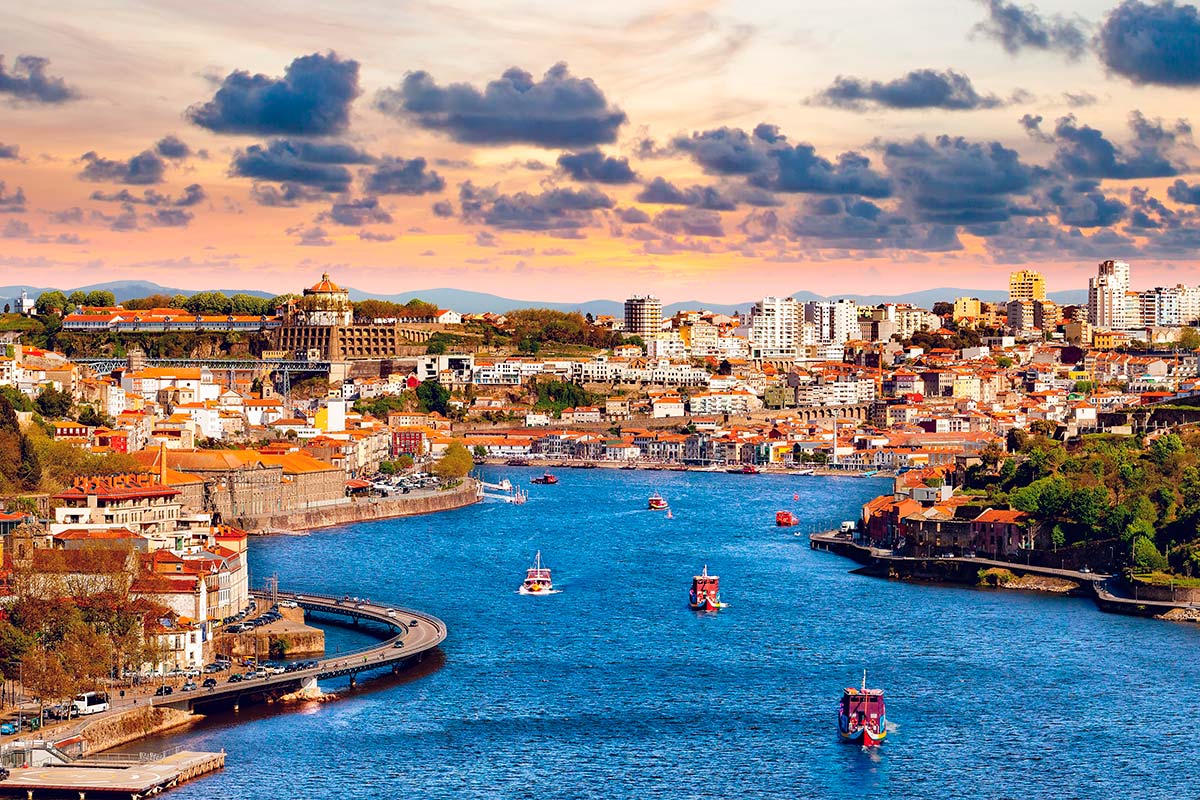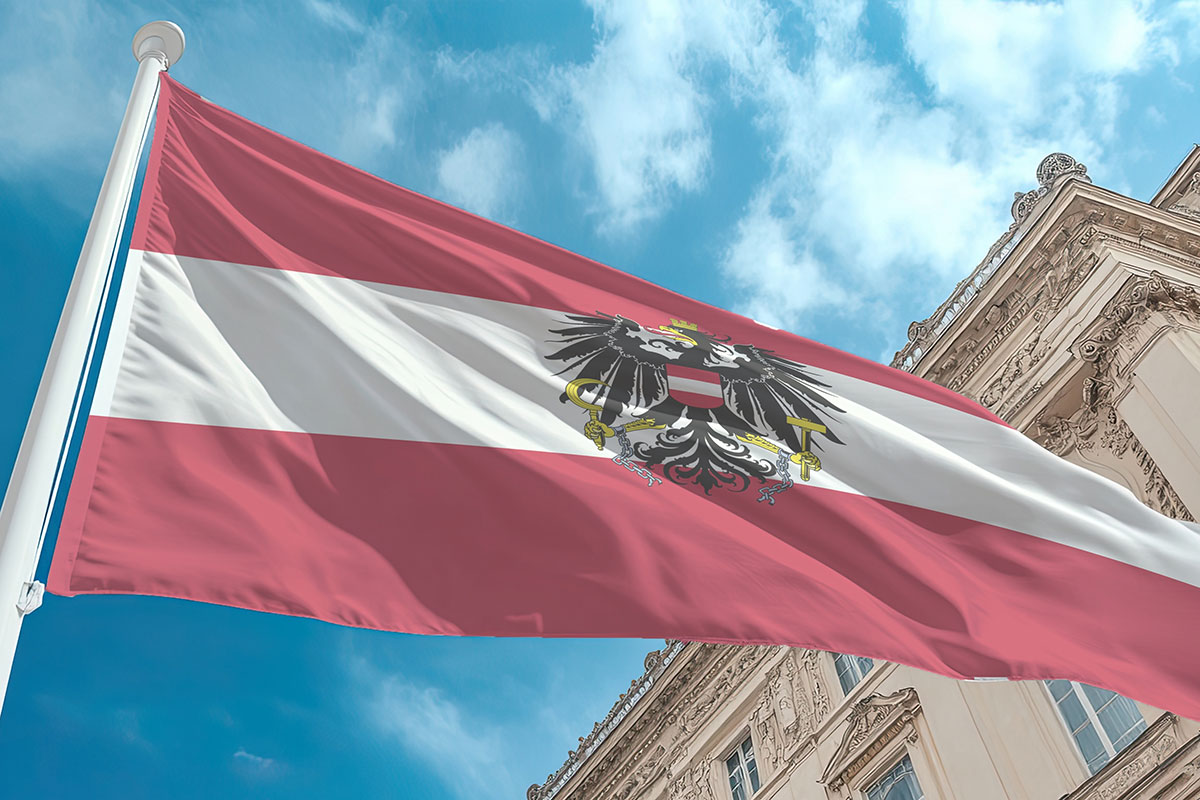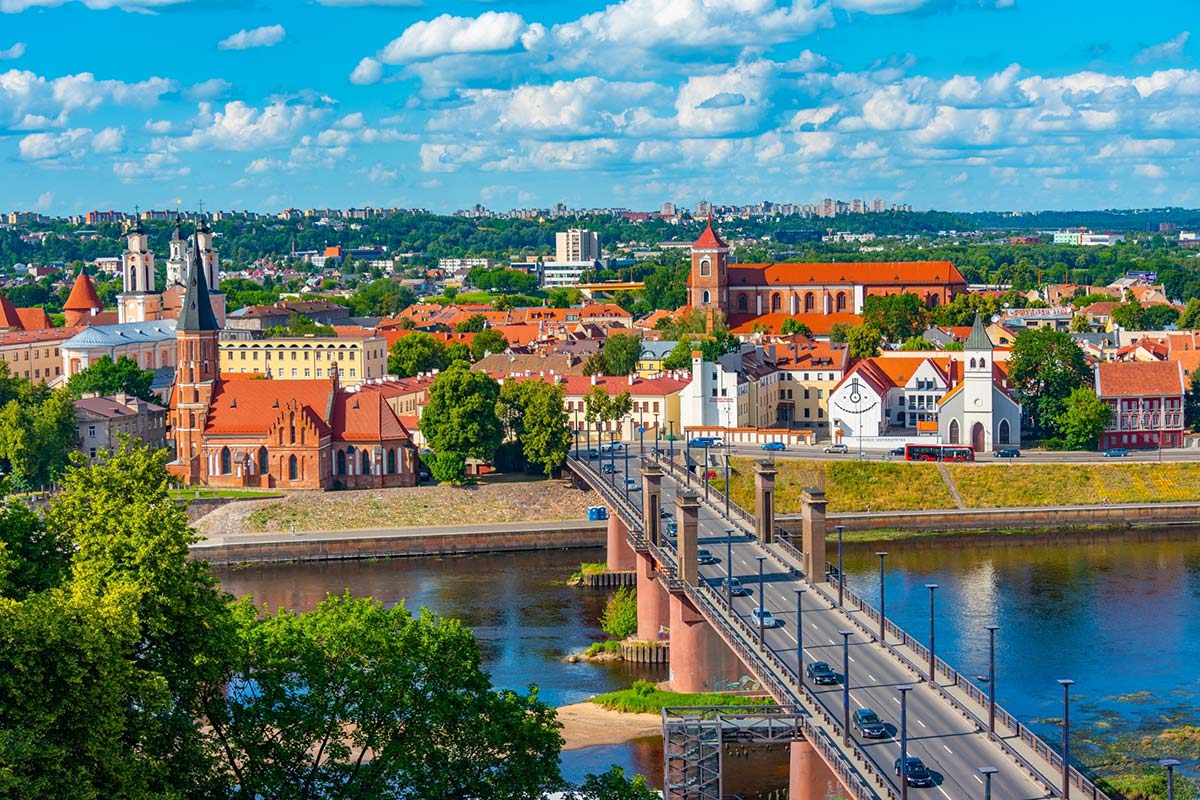Content
Relocating to Europe with permanent residency status is possible either through investment programs (such as those offered by Malta, Montenegro, and Greece) or after five years of legal residence under a temporary residence permit (RP).
Permanent residency grants nearly the same rights as citizenship. To obtain it, you must complete the full naturalization process and meet all related requirements, including learning the language, fully integrating into society, and avoiding prolonged stays outside the host country. However, there is a more advantageous legalization option: obtaining EU citizenship through a simplified procedure. This path does not require holding a residence permit or permanent residency status, as there is no obligation to live in a foreign country beforehand.
EU citizenship through a simplified program can be obtained in as little as 12 months, after which you can move freely to any of the 27 EU member states without restrictions. For more details, consult with international legal experts.
Rights and Privileges of Permanent Residency (PR) in European Countries
Living in a European country with permanent residency status means having access to full social services, and the right to work or run a business within the country. Unlike citizenship, this status can be revoked if the holder leaves the country for an extended period.
Compared to a temporary residence permit (RP), PR in Europe offers several key advantages:
- It is granted for life and does not require renewal every 1–2 years, although the PR card itself must be updated every 5–10 years;
- It allows unlimited residence in the host country and permits absences of more than 6 consecutive months per year without losing the status;
- It does not restrict the type of activity you may engage in (some RPs limit or prohibit employment);
- It simplifies the process of obtaining a mortgage or bank loan from reputable European financial institutions.
EU Permanent Residency offers additional benefits beyond national PR: it grants the right to live, work, and study across the entire European Union without the need for additional permits.

Obligations of Permanent Residents
Holders of permanent residency (PR) in European countries may lose their status if they fail to meet the following conditions:
- Reside continuously in the host country;
- Maintain the basis on which the PR was granted (such as employment or international protection);
- Comply with local laws and pose no threat to public order.
As a permanent resident, you are allowed to travel outside the country that issued your PR card, but not for more than six consecutive years. For holders of EU Permanent Residency, absences from EU territory must not exceed 12 consecutive months.
An EU passport eliminates all time restrictions for living within the European Union. You can stay in any EU country for as long as you wish, without risking the loss of status.
Ways to Obtain Permanent Residency in Europe
In most European countries, it is not possible to obtain PR immediately. First, you must obtain a residence permit (RP) based on a specific purpose — such as employment, family reunification, education, or entrepreneurship — and live in the country for at least 5 years.
After this period, you may become eligible for PR if you meet several key criteria:
- Have a stable income within the country;
- Hold valid health insurance;
- Demonstrate knowledge of the national language;
- Prove sufficient integration into society.
PR in Europe is easier to obtain for investors and close relatives of EU citizens. Malta, for instance, grants PR immediately to those who invest in its economy or real estate market. This option is ideal for individuals who want to acquire PR in Europe quickly and are prepared to invest a substantial sum into the economy of an EU country.
Permanent Residency (PR) by Investment: Where and How Much It Costs
Malta and Bulgaria offer investment-based PR programs. To become a permanent resident, applicants must invest at least €300,000 in real estate, local business, investment funds, or government bonds. There is no prior residency requirement, and the residence card can typically be issued within 2 to 6 months.
A mandatory condition for PR by investment is that the funds must originate from outside the country—they must be transferred from a personal bank account. All investors undergo due diligence checks to verify the legality of their funds. Accredited agencies carefully review the application and the investor’s compliance with program requirements.
The minimum investment for PR is €300,000, but the status may be revoked if the basis for residency is not maintained. That’s why many applicants opt for EU citizenship through a simplified program, which generally requires lower investment, no prior residence, and offers full rights from the start.
A simplified EU citizenship process is one of the fastest, most cost-effective, and straightforward ways to gain all the rights of EU citizens. With legal support, acquiring a second passport can be smooth and hassle-free.
Travel freely to over 170 countries
PR in Europe via Naturalization
Obtaining PR through naturalization is possible if you have lived in the country for an extended period, usually at least 5 years. However, timeframes differ by country: 3 years in Norway and Serbia, 8 years in Denmark, for example.
You must enter the country legally, often with a visa, then obtain a residence permit based on a valid reason and extend it over time. Some types of permits, such as student visas, may not qualify for PR in the future.
To be eligible for PR, you must not have been absent from the country for more than 6 consecutive months or 10 months in total over 5 years. Other key requirements include:
- Sufficient financial means;
- Proof of integration (language, social inclusion);
- Health insurance;
- Registered address;
- A clean legal record for the past 5 years.
Countries like Germany, Denmark, Poland, and Switzerland require applicants to speak the national language.
PR via Financial Independence
If you have a stable income from abroad (salary from remote work, pension, business profits, interest income, or personal savings), you may be eligible for a residence permit as a financially independent person (FIP), which may lead to PR later.
Each country sets its own minimum income requirement. For example:
- France: €1,426.30 per month per person;
- Greece: from €2,000;
- Spain: from €2,400.
This type of permit usually lasts for one year, with the option to renew. It allows you to live in the country, but not to work or run a business. You can include family members in the application, but you’ll need a higher income based on the number of dependents.
However, not all FIP permits lead to PR, as this depends on the immigration laws of the issuing country.

PR via Family Reunification
You may obtain a residence permit as a family member of an EU citizen or resident. To qualify for PR, you must live in the country for a set number of years, for instance, 2 years in Lithuania and 1 year in Malta.
The EU-based relative must show proof of sufficient housing and financial support. Family members must confirm their kinship, provide a clean criminal record, and hold valid health insurance.
Permit duration varies by country:
- 2 years in Lithuania and Denmark;
- 6 months in the United Kingdom.
To eventually obtain PR, you must renew your residence permit regularly, submit supporting documents, and confirm your continued eligibility.
Once you obtain EU citizenship, your family members may become permanent residents faster. Contact our experts to explore these possibilities.
PR via Entrepreneurship
Many European countries issue residence permits to entrepreneurs who contribute to the national economy. Requirements typically include an approved business plan and proof of financial means.
For example:
- UK: £1,270 (€1,507) must be held in a bank account for 28 days before application;
- France: Requires a €30,000 investment in the business; in return, a 4-year residence permit is granted (including for family).
Conditions vary significantly between countries.
PR via Investment
Countries like Lithuania, Spain, Portugal, and Greece offer residency to individuals who invest in real estate, business, or the economy. Minimum investment thresholds range from €50,000 to over €250,000, depending on national laws. Family members may be included in the application.
PR via Employment
A residence permit can be obtained by signing a contract with an employer. If you’re a highly skilled worker, you may also need a degree and proof of experience. This type of permit usually ties you to your employer—losing the job may result in loss of residency status.
When Is Obtaining Permanent Residence Justified?
Getting permanent residence (PR) in Europe isn’t always the most practical option—it comes with conditions, deadlines, and long-term obligations. You can’t simply obtain a PR card once and then settle into a worry-free life. This status is appropriate when obtaining a second passport isn’t possible, and you’re willing to renounce your original citizenship in order to gain full rights. In all other cases, citizenship is the preferred route, especially when simplified pathways are available.
Citizenship offers broader freedom of movement. With an EU passport, you can travel visa-free to over 170 countries and:
- Cross borders as often as you like, staying abroad for any duration;
- Access public services, open bank accounts, and register property or vehicles with ease;
- Live and work in any EU country without additional permits;
- Receive diplomatic support from EU embassies worldwide;
- Automatically pass citizenship to your children.
You can bypass temporary and permanent residency altogether by applying for EU citizenship through a fast-track program. This gives you the freedom to choose—move to Europe or remain in your home country and enjoy visa-free travel and other benefits.
Even if you don’t plan to relocate, an EU passport remains valid and useful. You can use it to travel freely, make secure international transfers, access top-paying jobs or study programs, and receive healthcare at leading clinics — all without additional permits.
Our legal experts can help you obtain EU citizenship in as little as one year. We’ll prepare your application and support you through every step — up to the moment you receive your new passport.

